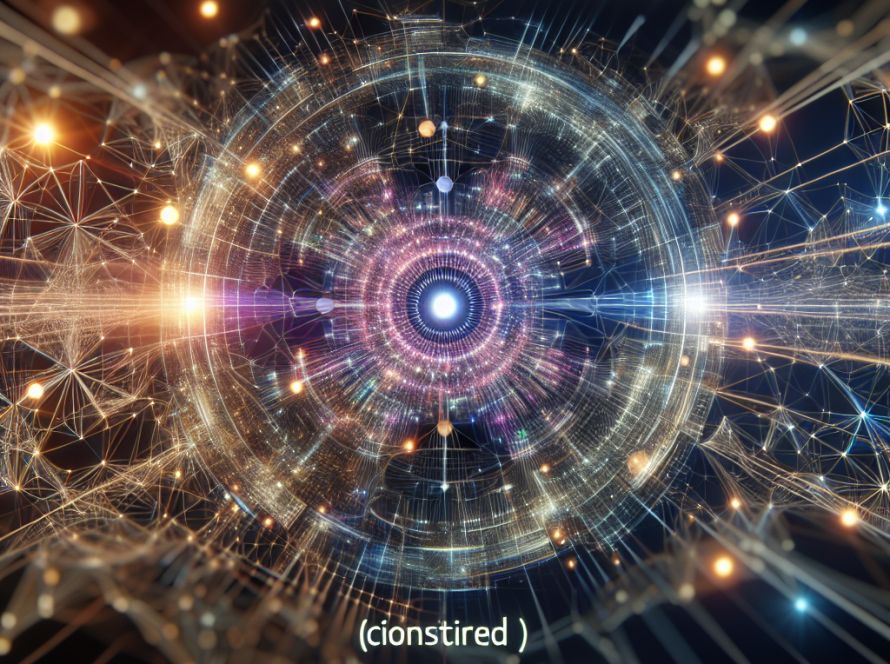Tanisha Katara is a blockchain governance expert and a Governance Innovation Specialist at Polygon Technology. She has been an independent consultant for over six clients in the past two years, spanning across Blockchain protocols, decentralized applications (dApps), and Decentralized Autonomous Organizations (DAOs). Her expertise includes creating strategies and products related to go-to-market, token economics, reputation valuation management, effective governance and decentralization.
At Polygon, Katara’s responsibility includes exploring and implementing optimal governance solutions that ensure decentralization, scalability and security. Her recent project involves designing a unified Governance Hub to facilitate efficient and seamless decision-making.
Katara explains that DAOs are organizations facilitated by consensus and code without a central authority. Decisions are collectively made by DAO members, who own tokens that represent their stake in the organization. She also emphasizes the role of blockchain, which establishes transparency and accountability through its immutable nature. In addition, the use of smart contracts eliminates the need for intermediaries, thus ensuring transparency of operations.
In discussing the intersection of DAO and AI, Katara claims that the contrast of AI’s opaque nature and DAO’s transparency can be leveraged to democratize technology. DAOs, through their transparency, can act as a value layer for AIs and facilitate decision-making processes. However, she also warns of potential risks like data poisoning attacks or collusion.
On the topic of AI and cryptography risks, Katara warns about AI models being black boxes with unknown workings. Conversely, when AI models are fully open, they can be attacked easily. She proposes the use of cryptographic solutions like zero-knowledge proving (ZK-snarks) in order to balance verification and correctness of decisions. However, she also acknowledges the high computational overhead and possibility of corrupt or biased data as challenges.
A key concept that Katara discusses is the importance of well-designed governance models in AI systems. For example, involving a community in decision making processes, like suggesting improvement features, determining rules, etc., is a good practice. However, the security of AI systems should not be compromised. Therefore, it is important to eliminate attack vectors and replace them with robust governance models that allow community participation and provide security and value accrual.
Finally, Katara highlights specific use cases that showcase the potential of combining AI and blockchain to tackle real-world problems such as Information Defense and Scam Detection.
For further information on Tanisha Katara, her research in blockchain governance or her consulting services, she can be contacted via her LinkedIn page.


